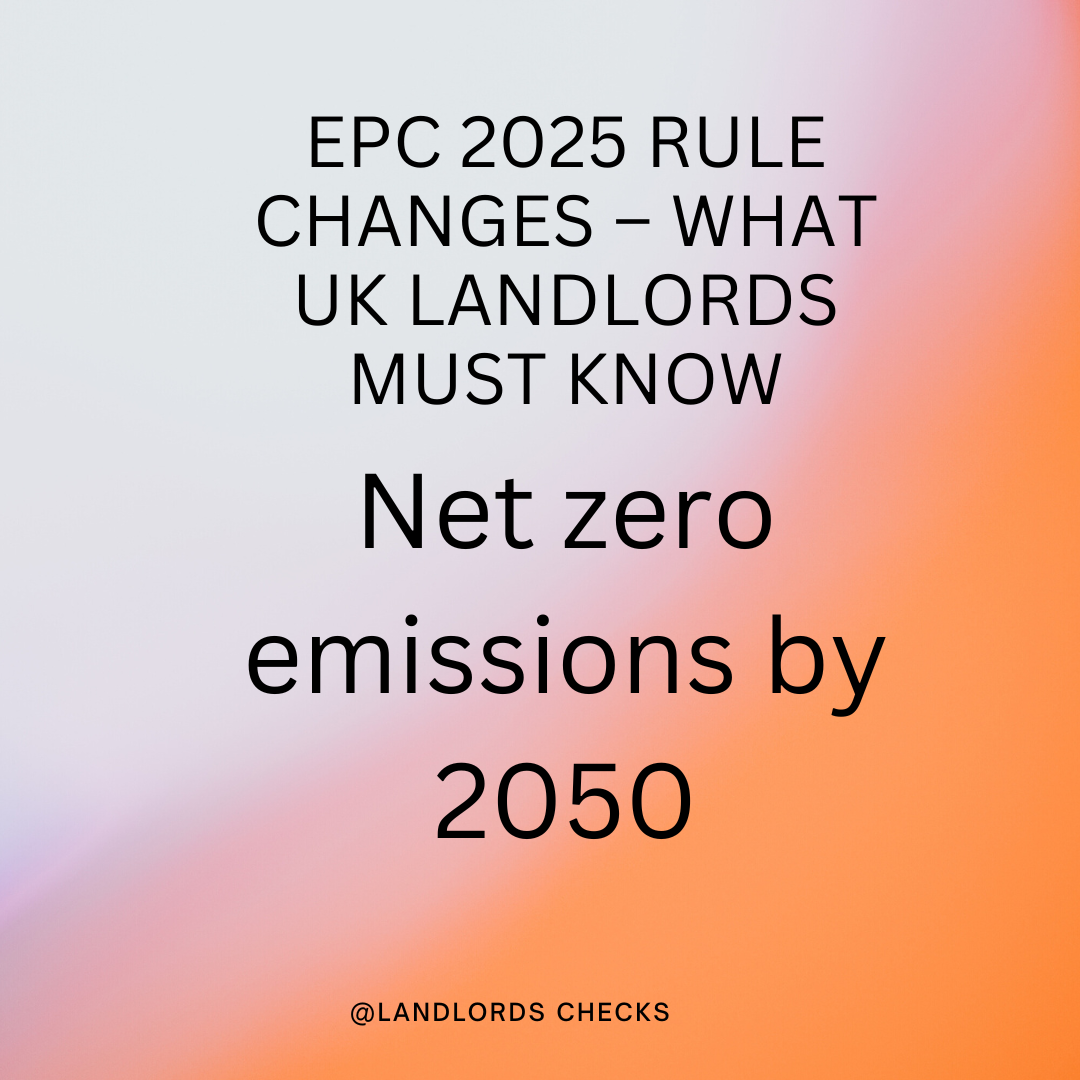In the push toward a greener and more energy-efficient Britain, the UK Government has proposed major changes to Energy Performance Certificate (EPC) rules that will significantly impact landlords. From 2025, new regulations will raise the minimum energy efficiency standards for rental properties, making it vital for landlords to prepare early.
Whether you manage one property or a portfolio, these EPC updates are not just about compliance—they’re about future-proofing your investments.
What Is an EPC and Why Is It Important?
An Energy Performance Certificate (EPC) is a legally required document that measures the energy efficiency of a property. It provides a rating from A (most efficient) to G (least efficient), and includes recommendations to improve the property’s energy usage and environmental impact.
EPCs have been a requirement for all rented properties in England and Wales since 2008. As it stands today, a rental property must have a minimum EPC rating of E to be legally let. However, this is about to change dramatically.
Official guidance: https://www.gov.uk/buy-sell-your-home/energy-performance-certificates
What Are the EPC Rule Changes for 2025?
Under new government proposals, all new tenancies starting from 2025 must have a minimum EPC rating of C or above. This requirement will be extended to existing tenancies from 2028.
Summary of key changes:
Current legal requirement: Minimum EPC rating of E
From 2025: Minimum EPC rating of C for all new tenancies
From 2028: All existing rental properties must comply with the C rating
Penalty for non-compliance: Up to £30,000 per property
These changes are part of the UK’s broader commitment to reach net zero carbon emissions by 2050.
Full consultation document: https://www.gov.uk/government/consultations/improving-the-energy-performance-of-privately-rented-homes
Why Are These Changes Being Made?
The private rented sector accounts for a significant proportion of the UK’s housing stock. However, many rental properties are older and inefficient, leading to higher carbon emissions and energy costs for tenants.
By enforcing stricter EPC rules, the government aims to:
Reduce greenhouse gas emissions.
Lower energy bills for tenants.
Encourage landlords to invest in sustainable, modern housing.
What Does This Mean for Landlords?
If your property currently has an E or D rating, you may need to take action well before 2025. The upgrades needed to reach a C rating could involve:
Installing loft or wall insulation
Upgrading to a modern boiler or heating system
Adding double glazing
Switching to low-energy lighting
Improving ventilation or airtightness
Failure to meet the new standards could lead to hefty fines, inability to let the property, or loss of income due to non-compliance.
That’s why it’s crucial to get an up-to-date EPC assessment and understand what improvements are necessary.
How to Prepare for the 2025 EPC Rule Changes
Here’s a step-by-step guide to help landlords stay ahead:
Check Your Current EPC Rating
If you’re unsure of your property’s rating, you can look it up using the official register: https://www.gov.uk/find-energy-certificateBook a New EPC Assessment
Even if your certificate is still valid, an updated inspection can help you plan necessary upgrades now.Review Recommendations in the EPC Report
The EPC provides a list of energy-saving suggestions, including the estimated cost and potential savings. Prioritise the upgrades that offer the best return on investment.Access Government Grants (if available)
Landlords may be eligible for energy efficiency grants or incentives through local councils or green finance schemes. These can help offset the cost of upgrades.Plan Upgrades in Advance
Avoid last-minute costs or missed rental income by scheduling works now, especially if you have multiple properties.
Exemptions and Special Cases
Not all properties will be able to meet a C rating. In some cases, landlords can apply for an exemption through the PRS Exemptions Register if:
Upgrades would exceed the £10,000 cost cap
The building is listed or in a conservation area where changes are restricted
Third-party consent (e.g., tenant or planning permission) is denied
What Happens If You Don’t Comply?
From 2025 onwards, failing to meet the new EPC requirements could result in:
A civil penalty of up to £30,000
Inability to legally rent the property
Damage to landlord reputation and tenant trust
This is a serious legal obligation, not an optional recommendation.
Conclusion: Act Now to Avoid Future Headaches
The EPC 2025 rule changes mark a critical shift in how rental properties are managed in the UK. For landlords, this is not just about avoiding fines—it’s about staying competitive, retaining good tenants, and contributing to a greener future.
Start preparing now by:
Checking your EPC
Booking a professional assessment
Taking proactive steps to upgrade your property’s energy efficiency
By acting now, you’ll avoid pressure closer to the 2025 deadline—and ensure your property portfolio is both compliant and future-ready.




